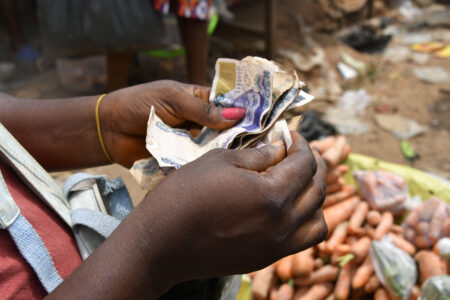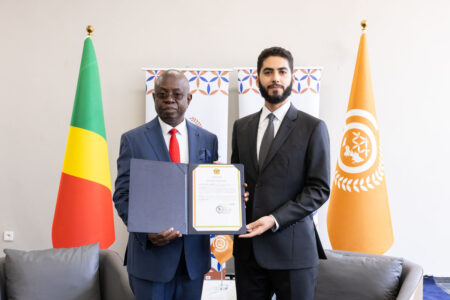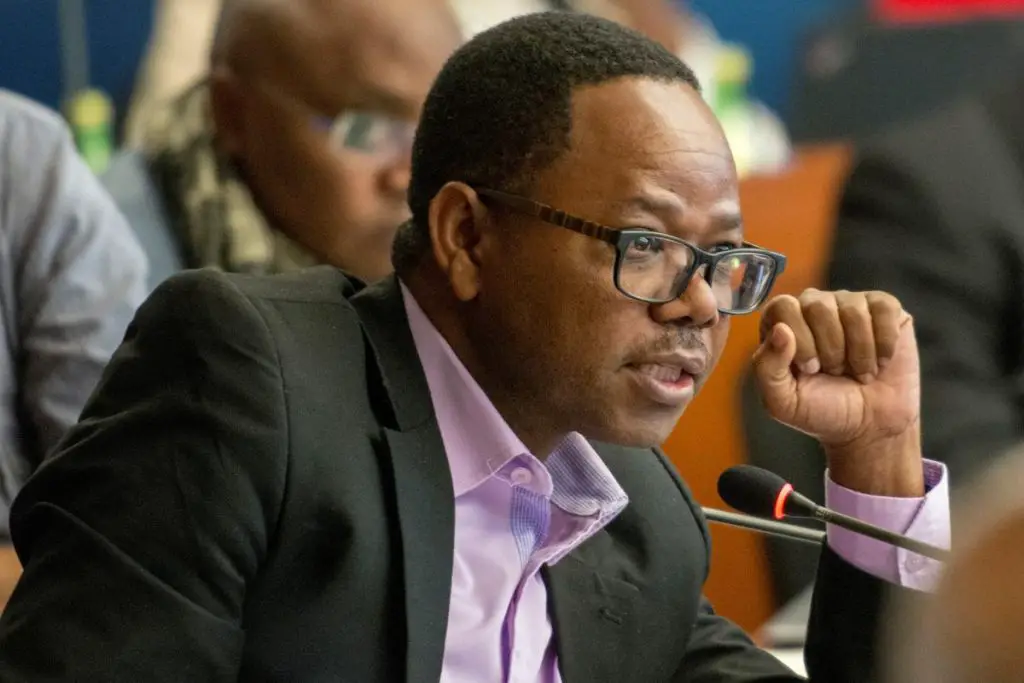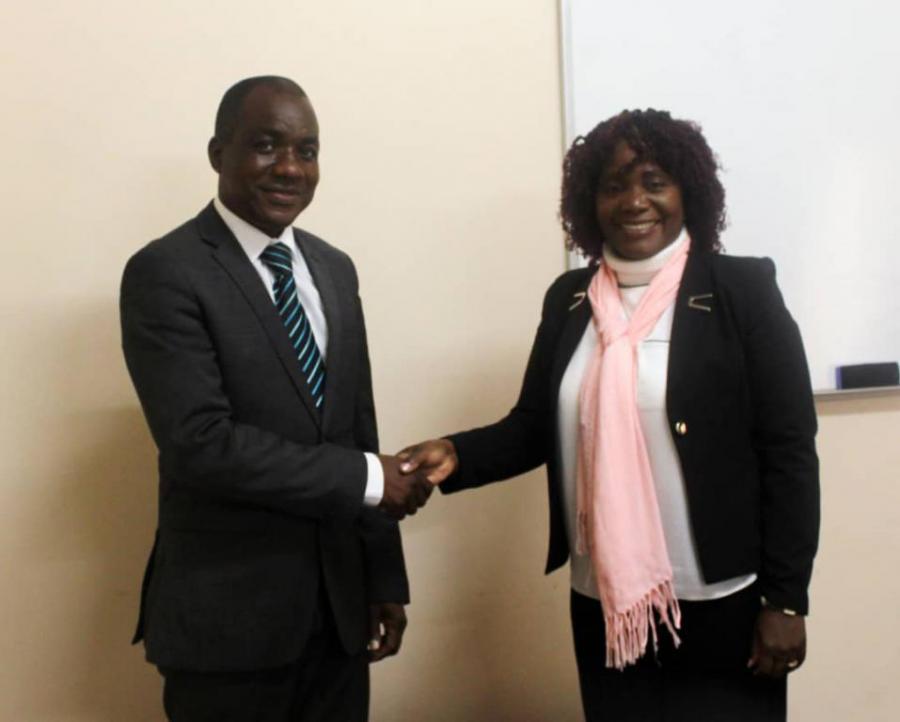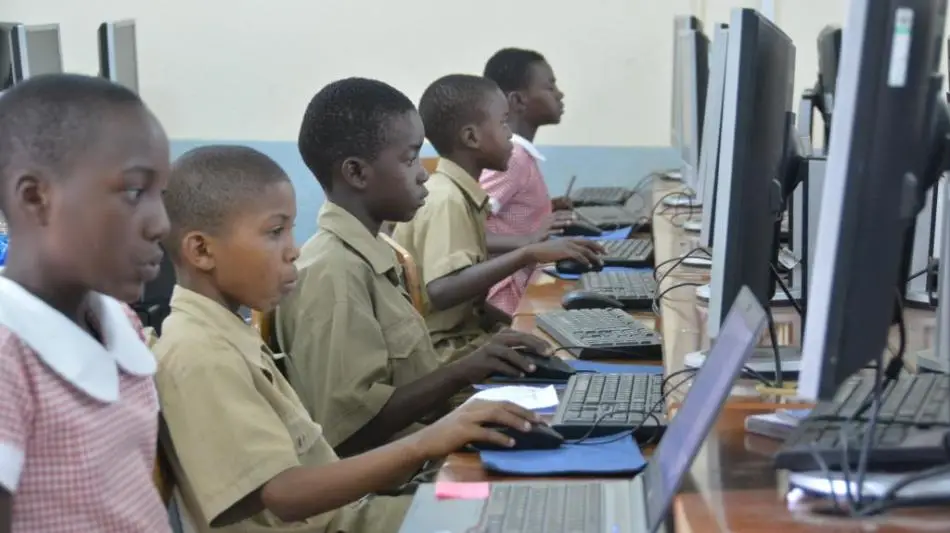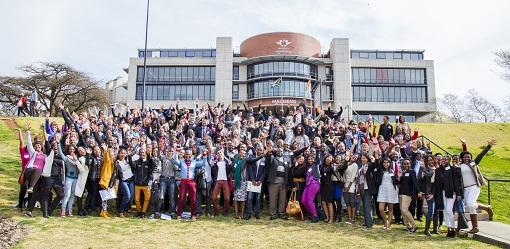- Africa’s new dawn: the rising role of digital and AI in agriculture
- Can Dangote Refinery Transform Africa Energy Ambition
- Gallup Survey: 80 per cent of Kenyan Workers Are Disengaged and Seek New Opportunities
- Madagascar Man Freed from 5KG Tumor After 15-Year Struggle
- How women in Africa are perceived and treated
- Sugar consumption in Kenya to Increase to 1.23 Million Tonnes
- Can Somalia and Turkey Oil deal Bring Change in Somaliland
- Remittances to Kenya dropped to $371.6 million in June, marking a six month low
Browsing: Education
- There is a debt crisis in Africa as countries struggle to repay international loans.
- According to the World Bank, nine African countries entered 2024 in debt distress, with another 15 at high risk of distress and 14 more categorised as moderate risk.
- According to the United Nations, Africa’s public debt will stay above pre-pandemic levels in 2024 and 2025.
At 4 per cent, Africa is projected to be the second fastest-growing economic region in the world in 2024, according to a report by the International Monetary Fund (IMF). However, behind the headline figure is a less optimistic reality.
Many African countries have suffered from slow post-COVID-19 recovery, climate change shocks, worsening food security situation, political instability, weak global growth, and high-interest rates. These economic shocks have pushed over 55 million people into poverty since 2020. The situation is increasingly alarming as more than half of the continent’s countries are in …
- DRC Joins the Organisation of Southern Cooperation after depositing the Instrument of Acceptance
- Secretary-General Manssour Bin Mussallam received the Instrument of Acceptance.
- The OSC, aimed at fostering cooperation and development among Southern Hemisphere countries
The Republic of the Congo has consolidated its full membership status of the Organisation of Southern Cooperation (OSC) by depositing the Instrument of Acceptance by Daniel Owassa, Ambassador of the DRC to Ethiopia and Permanent Representative to the African Union.
Secretary-General Manssour Bin Mussallam received the Instrument of Acceptance at a handover ceremony yesterday at the OSC Headquarters in Addis Ababa.
The Republic of the Congo is a founding member of the OSC. The depositing of the Instrument of Acceptance signifies the completion of the full membership process by countries in the Global South.
Read Also: SkyPower, AFC, and DRC join forces for $2.3Bn Green Giant project
H.E. Bin Mussallam said the occasion marked the beginning …
The COVID-19 pandemic drastically altered the global education landscape. Consequently, it pushed educators to innovate rapidly and adapt to new modes of teaching and learning. In Southern Africa, the pandemic prompted a swift shift towards blended learning. This involved a combination of in-person and online education, as schools and universities temporarily closed their physical doors. The need to ensure continuity in education while minimizing the risks of virus transmission drove this unprecedented change in the education sector. Among the various approaches adopted during this period, e-learning emerged as a powerful tool with the potential to revolutionize education in Southern Africa. As such, the region’s education sector can harness the power of gamification to shape a brighter future for its students.…
- Recognizing the vital role of education, students and their families across sub-Saharan Africa have started using educational technologies to supplement formal schooling during times of disruption.
- Mobile laboratories (mobile labs) bring scientific tools and techniques right to the school parking lot, allowing students access to experiences far beyond what many schools can provide.
- In Chad, a mobile school offers nomad children hope. Chad’s nomads make up almost a tenth of the country’s population and many children in the community hardly get an education.
Countries and organizations are taking perceptible actions for Inclusive Education to succeed internationally as well as in individual African countries. Internationally, countries adopted several treaties in support of Inclusive Education. Inclusion has become a global issue while in different countries we can find many stated intentions and written policies to move towards its achievement.
In Africa, a few examples include South Africa’s Department of Education White Paper …
TaRL is a unique intervention for accelerated learning that supports children who would have otherwise been left behind to learn and thrive. Pioneered by Pratham, an Indian NGO, the approach that has now been piloted in several African countries, including Nigeria, Côte d’Ivoire, and Zambia, has revealed that learning outcomes improved with three months of accelerated learning focused on foundational skills through the support of TaRL Africa.
TaRL evaluates children using a simple assessment tool and then groups them according to learning level rather than age or grade. Each group is taught using appropriate fun/play activities and materials, starting from what the child already knows. In Nigeria, for instance, the percentage of children who could read a simple English word increased by 30 percentage points after only 114 hours (on average) of participating in a TaRL pilot.
Schools can ensure that children are never too far behind by targeting teaching …
The National Association of School Governing Bodies’ general secretary, Matakanye Matakanye, told SowetanLIVE during an interview that many teachers were unemployed and the government should prioritize them over foreign teachers.
Matakanye also accused the government of failing to create a strong local capacity for specialist teachers.
“There are lots and lots of university graduates who are not working and we don’t get the department’s logic of taking people from outside our country when our people are not working. If this was happening five or 10 years after democracy, it would be understandable. It is unacceptable that the department of basic education is still getting educators from Cuba and Zimbabwe after 26 years of democracy,” he said.
Meanwhile, according to the Rwanda Education Board (REB), Rwanda is set to receive close to 500 Zimbabwean teachers by September this year. The teachers will be placed in polytechnics and higher learning institutions.…
Due to the pandemic, the topic of innovation in education has never been more crucial.
While most developed countries moved their classes online with ease, many developing countries have had a hard time adapting to the home-school model due to a lack of infrastructure and the high cost of data.
According to the United Nations Educational, Scientific and Cultural Organization (UNESCO), 91.3% of the world’s learning population was impacted by global shutdowns brought about by the pandemic.
This means that about 1.5 billion students were not in school, a situation that largely impacted developing nations, a lot of which are in Africa. …
After a decade the Government launched the Presidential e-Learning Programme of 2011 which aimed to strengthen the use of ICTs for teaching and learning. In an article published by the Herald on March 28, 2012, former President Mugabe said the projects brought on board e-learning software solutions to complement the benefits of the Presidential Computerisation Programme launched 10 years back.
“Encouraged by the Presidential Computerization Programme, the first successful step of transforming Zimbabwe into an information society, we have now decided to go a gear up and add value to the initial programme by introducing a new dimension to it, this time, in the form of an e-learning Programme,” he said.
The Connect a School Connect a Community Project was launched in 2013, it provided disadvantaged schools with modern technology. Afterwards, Zimbabwe drafted through the Ministry of ICT, Postal, and Courier Services a National ICT Policy that acknowledges a role …
- Through its app, Zenda allows parents to pay fees directly to schools, all while streamlining collections by enabling schools to accept and manage online payments
- Parents do not necessarily need to provide bank deposit slips as proof of payment because all transactions on Zenda happen in real-time
- Zenda’s users have increased 20 fold, with the app reaching over US$100 million in annual contracted payment volumes by the close of last year
UAE- based startup Zenda is now eyeing Africa as its next frontier market for growth.
The company which is looking to change how parents pay school fees and the way in which educational institutions manage the collection of fees is looking to expand its reach to Africa.
Formerly known as nexopay, the firm plans to penetrate the African market through Egypt in the coming months as the firm embarks on a growth drive accelerated by a US$9.4 million seed …
- The South African learning institution report has said it will issue blockchain-based certificates to its graduates in 2022
- The report further explains that each qualification document given by the University of Johannesburg will have a QR code to verify its authenticity
- The blockchain-based system is unique because it allows third parties, such as prospective employers, to verify a graduate’s certificate
Africa faces a crisis of insufficiently qualified university graduates, predominantly because of three significant factors. There is a lack of enough universities to administer high school graduates in the continent, a higher preference for overseas education and fake certificates that trash the ability to discern genuine qualifications in the market.
Blockchain technology in University degrees
However, the University of Johannesburg, A university-based in South Africa, has induced blockchain technology in its system to help counter the last setback.
The University has said it will issue blockchain-based certificates to students graduating …





